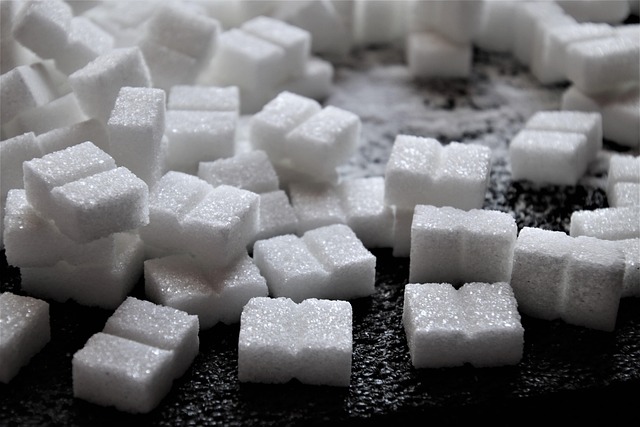Are Artificial Sweeteners Really the Healthier Choice?
In a world where sugar hides in almost everything—from your morning latte to your favorite protein bar—many people look to artificial sweeteners as a “healthier” alternative. But are they really better for you?
Let’s break down the facts
What’s Really in an Artificial Sweetener?
Artificial sweeteners like Sweet’N Low, Splenda, Equal, Sugar Twin, Sunett, Aspartame, and Neotame are synthetic substitutes designed to taste like sugar—minus the calories.
Unlike natural sugars (like glucose, fructose, or even high fructose corn syrup), these sweeteners are manufactured in labs and often contain chemical additives. Many of them are 200 to 600 times sweeter than table sugar, which can make you more addicted to sweet tastes.
Side Effects of Artificial Sweeteners
Despite their zero-calorie appeal, artificial sweeteners have several potential downsides
-
Weight Gain
They might seem like a dieter’s dream, but they can actually increase your appetite and cause overeating. -
Increased Cravings
Artificial sweeteners trick your body into expecting calories it never receives, leading to stronger cravings for real sugar. -
Obesity Risk
Regular consumption may disrupt your metabolism and hunger cues. -
Cancer Concerns
Some studies have linked saccharin and aspartame to cancer in lab animals, although human studies are still inconclusive. -
Pregnancy Warnings
Excessive use during pregnancy has been connected to low birth weights in some research.
Healthier Alternatives to Artificial Sweeteners
You don’t have to give up sweetness altogether. Try these natural options instead:
Honey
-
Rich in vitamin B6, iron, and amino acids
-
Natural and full of nutrients
-
Great for tea, toast, or baking
Stevia
-
Derived from plant leaves
-
Zero calories and doesn’t affect blood sugar
-
Ideal for diabetics and low-carb diets
Molasses
-
Contains antioxidants, calcium, and iron
-
Adds a deep, rich flavor to baked goods
Agave Nectar
-
Lower Glycemic index than table sugar
-
Works well in hot drinks and desserts
-
Contains vitamins and minerals
Choose Sweetness Wisely
Sugar—whether real or artificial—is best consumed in moderation. While artificial sweeteners might offer a quick fix, they aren’t the long-term solution to a healthy lifestyle.
If you’re trying to reduce sugar intake, opt for natural sweeteners like honey or stevia, and take control of your cravings instead of letting them control you.


